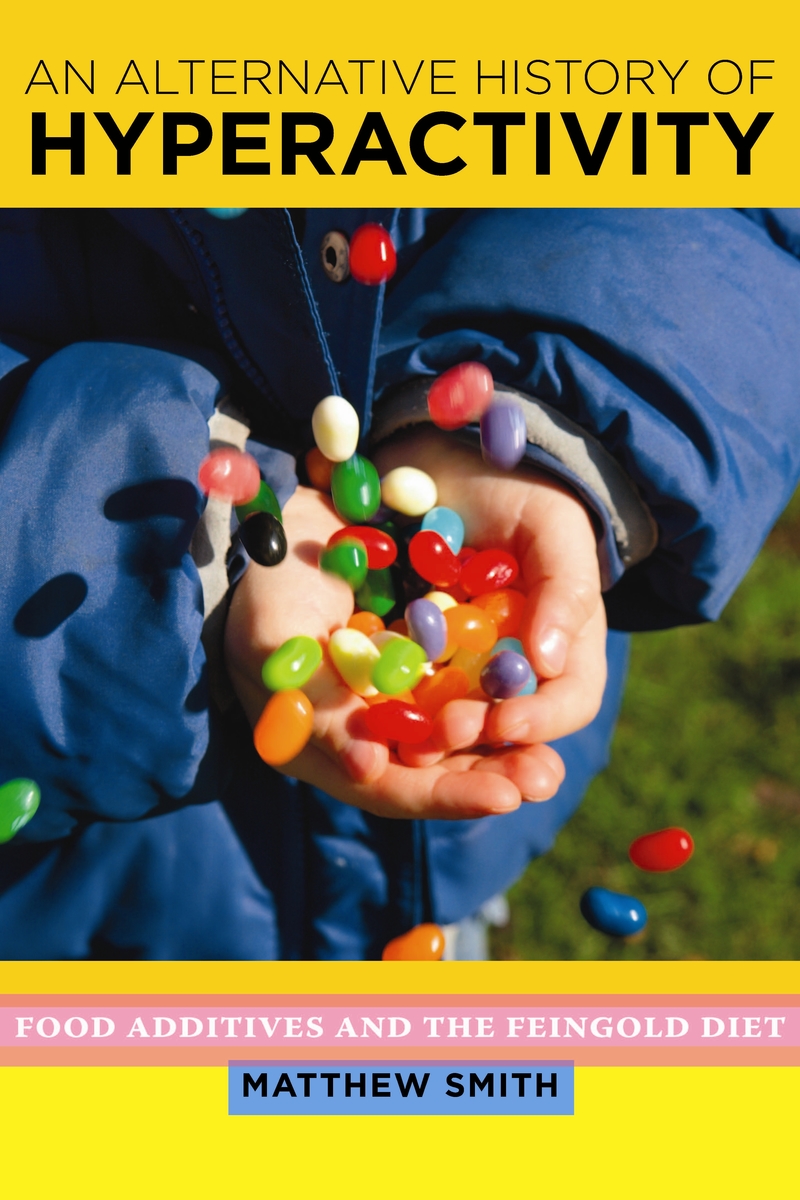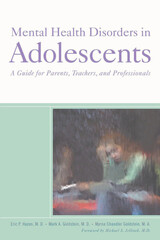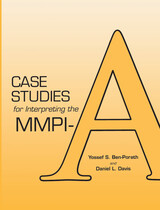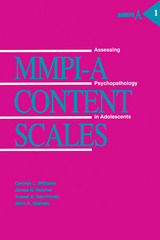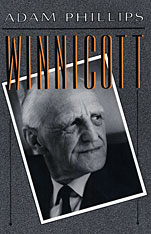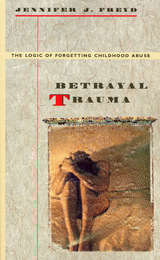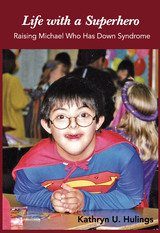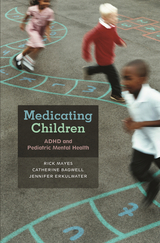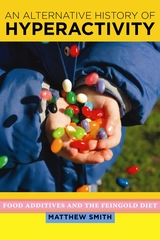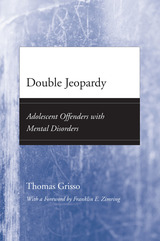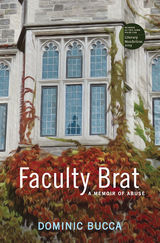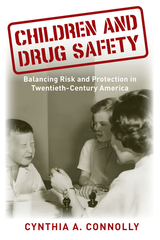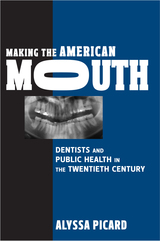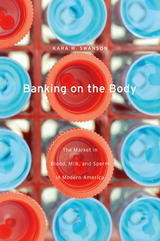An Alternative History of Hyperactivity: Food Additives and the Feingold Diet
Rutgers University Press, 2011
Cloth: 978-0-8135-5016-9 | eISBN: 978-0-8135-7660-2
Library of Congress Classification RJ506.H9S643 2011
Dewey Decimal Classification 618.928589
Cloth: 978-0-8135-5016-9 | eISBN: 978-0-8135-7660-2
Library of Congress Classification RJ506.H9S643 2011
Dewey Decimal Classification 618.928589
ABOUT THIS BOOK | AUTHOR BIOGRAPHY | REVIEWS | TOC
ABOUT THIS BOOK
In 1973, San Francisco allergist Ben Feingold created an uproar by claiming that synthetic food additives triggered hyperactivity, then the most commonly diagnosed childhood disorder in the United States. He contended that the epidemic should not be treated with drugs such as Ritalin but, instead, with a food additive-free diet. Parents and the media considered his treatment, the Feingold diet, a compelling alternative. Physicians, however, were skeptical and designed dozens of trials to challenge the idea. The resulting medical opinion was that the diet did not work and it was rejected.
Matthew Smith asserts that those scientific conclusions were, in fact, flawed. An Alternative History of Hyperactivity explores the origins of the Feingold diet, revealing why it became so popular, and the ways in which physicians, parents, and the public made decisions about whether it was a valid treatment for hyperactivity. Arguing that the fate of Feingold's therapy depended more on cultural, economic, and political factors than on the scientific protocols designed to test it, Smith suggests the lessons learned can help resolve medical controversies more effectively.
Matthew Smith asserts that those scientific conclusions were, in fact, flawed. An Alternative History of Hyperactivity explores the origins of the Feingold diet, revealing why it became so popular, and the ways in which physicians, parents, and the public made decisions about whether it was a valid treatment for hyperactivity. Arguing that the fate of Feingold's therapy depended more on cultural, economic, and political factors than on the scientific protocols designed to test it, Smith suggests the lessons learned can help resolve medical controversies more effectively.
See other books on: Alternative History | Diet therapy | Nutrition | Smith, Matthew | Toxicology
See other titles from Rutgers University Press
